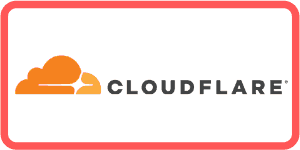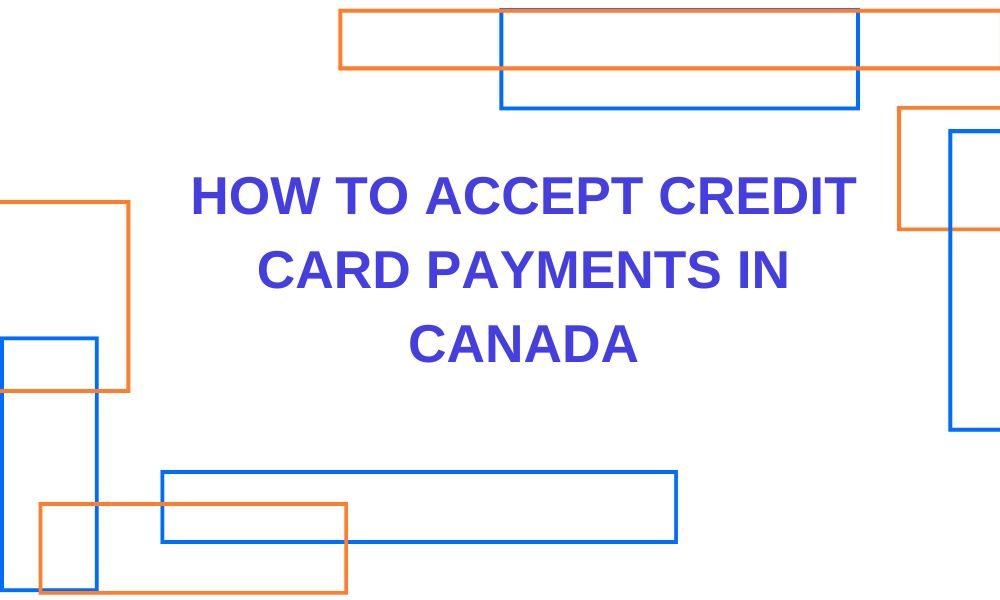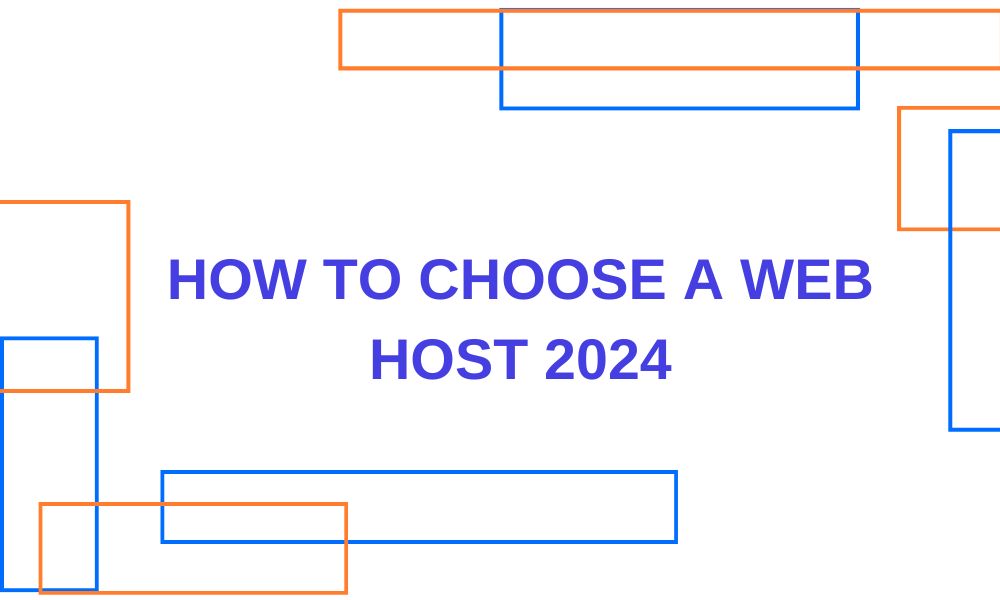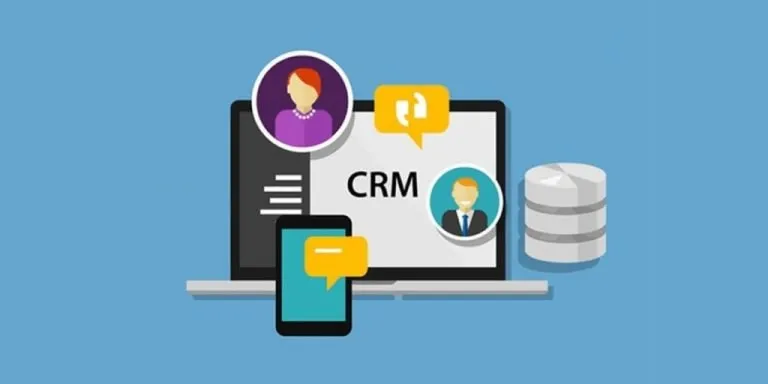Advertising disclosure
Hosting Canada is community-supported. We may earn a commission when you make a purchase through one of our links. Read Disclosure.
What is Cloudflare?
 The internet is available to over half of the world’s population with just over 4.5 billion people are active users. For all these people to be able to access the internet, there has to be an extensive network of hardware in addition to quality software.
The internet is available to over half of the world’s population with just over 4.5 billion people are active users. For all these people to be able to access the internet, there has to be an extensive network of hardware in addition to quality software.
Getting internet access is one thing, but the businesses, nonprofits, and companies alike that want to reach the corners of the globe all need a way to bring their content to the public while overcoming the difficulty of geography and security. This is where companies like Cloudflare come in.
Cloudflare is a company that acts as a content delivery network, CDN, and security provider. Today, it provides services to over 25 million internet properties, and that number continues to grow each day.
1. Who is Cloudflare?
 Cloudflare was brought to life in 2004 by Mathew Prince and Lee Holloway out of an idea to track spam emails. Over the years their project grew and found a great community of users.
Cloudflare was brought to life in 2004 by Mathew Prince and Lee Holloway out of an idea to track spam emails. Over the years their project grew and found a great community of users.
However, the year 2009 was where real progress began. Cloudflare—unnamed at the time— was getting a business plan through the collaboration of Mathew, Michelle Zatyln—current CEO— and Harvard Business School faculty to expand operations.
The company had its sights set on serving as a general firewall to stop spam threats.
That same year, the first Cloudflare office opened, and since then, the company has yet to stop growing.
2. What Does Cloudflare Do?
At the most basic level, Cloudflare solves the problem of getting content to internet users around the globe. It does so by setting up data centers around the world to speed up internet access and content delivery—hence the fact that it’s a CDN.
Today, Cloudflare has data centers in over 250 cities across the globe. This makes the problem of delivering content across the globe irrelevant, as the content is already stored around the globe.
Additionally, as touched above, Cloudflare provides security services to those who utilize its content delivery services. Each second, Cloudflare serves over 25 million HTTP requests. The company protects its users against malicious bots, DDoS attacks, and more using SSL and other security features.
Here is a full list of Cloudflare’s services.
- ☑️ Content Delivery Network (CDN)
- ☑️ Domain Name System (DNS)
- ☑️ Caching
- ☑️ DDoS Protection
- ☑️ Web App Firewall
- ☑️ Video Streaming
- ☑️ SSL/TLS support
- ☑️ Web Analytics
- ☑️ DNSSEC
- ☑️ Domain Registrar
3. How Does Cloudflare Work?
 Cloudflare acts as a reverse proxy. This means the company and its servers take requests from clients, query one or more servers for the desired content, and return that content, or an error, to the client. When Cloudflare receives a request, it first scans the request to look for anything malicious.
Cloudflare acts as a reverse proxy. This means the company and its servers take requests from clients, query one or more servers for the desired content, and return that content, or an error, to the client. When Cloudflare receives a request, it first scans the request to look for anything malicious.
This could be an IP address that seems suspect or another red flag. From there, it looks to see if there is any firewall from the client side that would dictate various rules. And lastly, it goes through the required process to find the requested data on one of its servers and returns it.
This is the basic process of delivering content, and one of the key services of Cloudflare. Other services are explained below.
4. Other Key Cloudflare Services Explained
Besides the basics function of Cloudflare acting as a proxy, there are many more services. We listed them all below so you can have an in-depth understanding of Cloudflare’s key functions
Domain Name System 👨💻
![]() A domain name system, DNS, is a system or network of servers that are used to find the IP address of a URL or an email. The DNS allows users to search websites and send emails using easy-to-remember names instead of IP addresses.
A domain name system, DNS, is a system or network of servers that are used to find the IP address of a URL or an email. The DNS allows users to search websites and send emails using easy-to-remember names instead of IP addresses.
As Cloudflare has over 250 data centers, its DNS services are unrivaled. Users can search for a website and the request will go to the nearest data center to be resolved. This means when you search for a website, you get the fastest response time possible. Furthermore, this expansive network means that they can quickly scan an IP address to ensure it’s not malicious.
While DDOS attacks remain a threat, Cloudflare offers built-in protection with its DNS services. However, if you’re worried about your online security, consider using a VPN as it can hide your IP address to offer greater security.
DNS Caching 📦
To deliver content quickly and reliably, Cloudflare makes use of DNS caching. If you look up a website regularly, Cloudflare recognizes that behavior, and it’ll store the website’s IP address locally. This can speed up load times significantly as Cloudflare isn’t required to find the IP address through the various DNS lookup steps.
Web Application Firewall 🧱
 Companies that use Cloudflare’s services can take advantage of the WAF. The WAF is a solution to protect websites against cyberattacks. It’s a lightweight solution that changes nothing to the current application infrastructure.
Companies that use Cloudflare’s services can take advantage of the WAF. The WAF is a solution to protect websites against cyberattacks. It’s a lightweight solution that changes nothing to the current application infrastructure.
In addition to the security inherent in WAF, customers can write their own rules to increase the security of the firewall.
SSL/TLS 🔒
Security Socket Layer is the standard protocol for creating a secure web connection. Today, every website owner should ensure their site has an SSL certificate as it’s standard across the web. If a website doesn’t have an SSL certificate, Google will punish it in the search results, and users will be warned that the website isn’t safe when they access the site.
Cloudflare provides these SSL certificates to all clients that do not already have them ensuring all its clients’ websites are safe and protected.
5. Cloudflare Costs
![]() There is a free tier for individual websites that includes DNS, CDN, SSL certificate, and more. The Pro Plan starts at $20 per month and is intended for users who have professional websites, portfolios, or blogs that need improved security and performance than the free tier.
There is a free tier for individual websites that includes DNS, CDN, SSL certificate, and more. The Pro Plan starts at $20 per month and is intended for users who have professional websites, portfolios, or blogs that need improved security and performance than the free tier.
Cloudflare offers various tiers to customers, such as business and an enterprise plan. The business plan costs $200 per month and includes the WAF, custom SSL certificate, PCI compliance, and much more. The enterprise plan includes more services and is customizable, and the price, therefore, depends on the clients’ needs.
6. The Bottom Line
Businesses that are starting to develop their online presence have a lot to think about. How are they going to get their content delivered to their clients? Are they going to find their own web hosting? Do they want to pay for a company to improve their site’s load speeds?
Cloudflare can do just about all of this. Companies will first need to find their own web hosting provider. After that, adding Cloudflare will only improve services. As described in detail above, Cloudflare can deliver companies’ content quickly and reliably with unparalleled security features complete with customizability options through the WAF.











